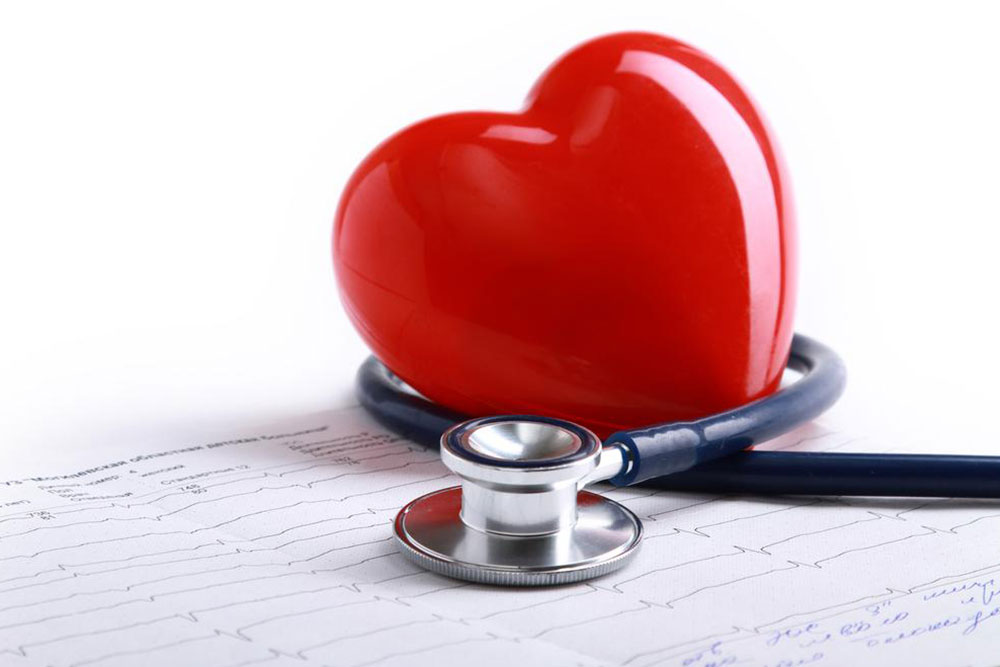Understanding the Key Risk Factors for Breast Cancer
This article explores the key risk factors associated with breast cancer, including age, obesity, alcohol use, genetics, and occupational hazards. Understanding these factors can help in early detection and prevention. The article emphasizes the importance of awareness and timely medical consultation to reduce risk and improve outcomes.

Understanding the Key Risk Factors for Breast Cancer
Breast cancer primarily impacts women, with statistics showing 1 in 8 women affected, and the numbers rising. Though less common, men can also develop this disease. It originates in the breast's cellular tissue, with symptoms varying across its four stages. Early stages may present mild signs, while advanced stages involve nipple discharge, lumps, and skin changes. In stage 4, symptoms become severe, indicating potential spread to other body parts. Recognizing risk factors is crucial for early detection and prevention.
While the exact cause remains unknown, certain factors may increase susceptibility. Obesity, especially post-menopause, raises estrogen levels, boosting risk. Heavy alcohol consumption (more than 3 drinks daily) has been linked to higher breast cancer chances. Age is a significant factor; risk increases after age 50. Exposure to carcinogens at work and genetic predisposition also play roles. Many of these risk factors are preventable; early awareness and medical consultation are vital if symptoms appear.










